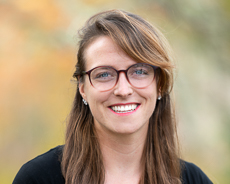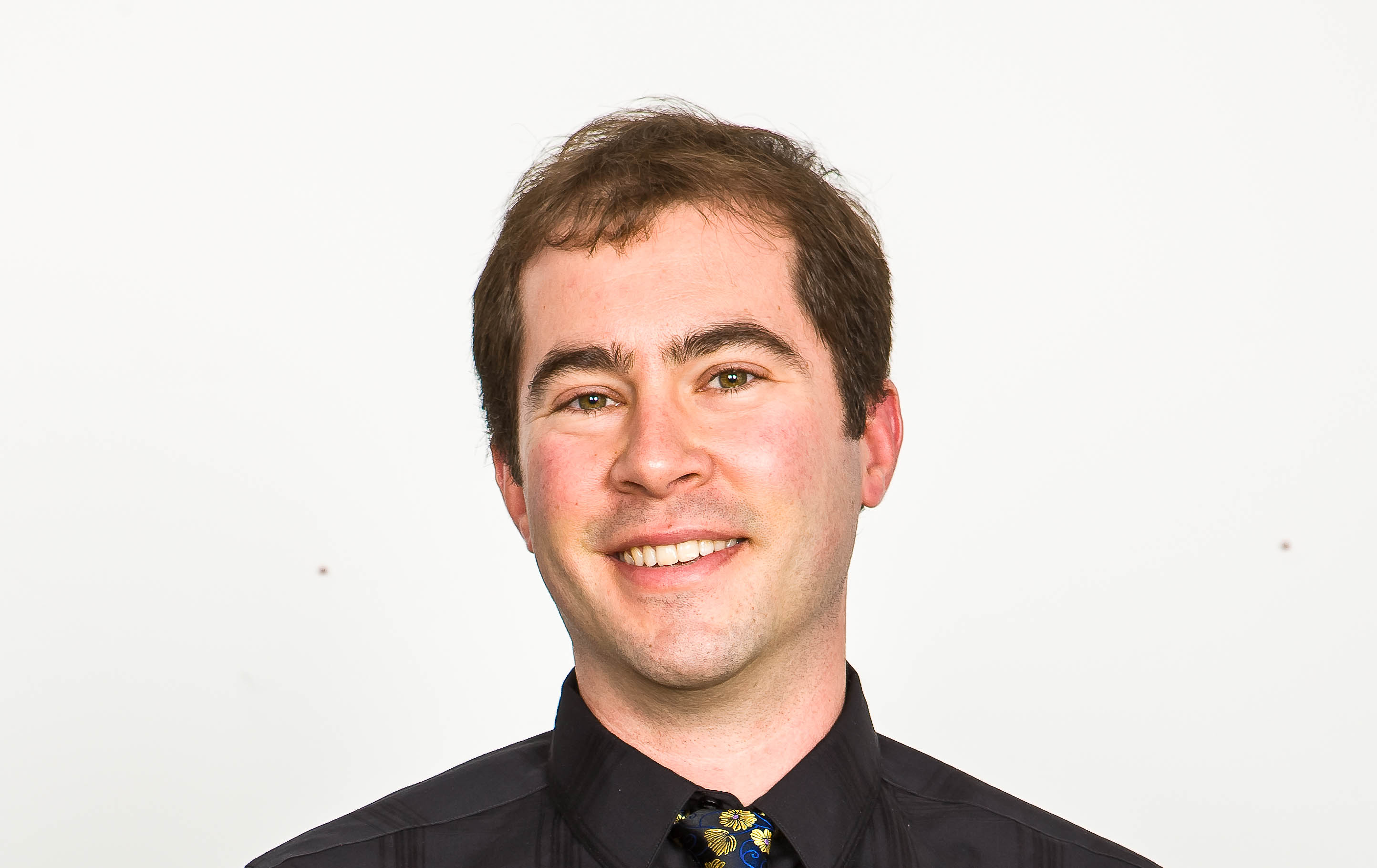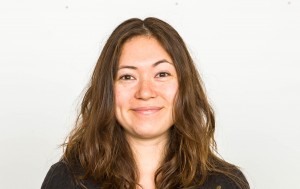Research Summary
Germline cells play a unique role in development; these specialized cells form the gametes that allow for reproduction. The crustacean Parhyale hawaiensis displays the remarkable ability to replace its germline cells post-embryonically, resulting in fertile animals and normal offspring. I am interested in elucidating the cellular and molecular mechanisms involved in this replacement.
Education
Ph.D. Candidate
Department of Molecular & Cell Biology
University of California, Berkeley
Advisor: Nipam Patel
2009 – Present
B.S. in Evolution, Ecology, & Biodiversity
Department of Evolution and Ecology
University of California, Davis
Advisor: Artyom Kopp
2004 – 2009
Awards, Fellowships, and special training
- CIRM predoctoral scholar (UC Berkeley), 2013 – 2014
- NIH Genetics Training Grant (UC Berkeley), 2009 – 2012
- CLIMB trainee (UC Davis), 2008 cohort
- President’s Undergraduate Fellowship (UC Davis), 2007
Teaching Experience
Teaching Assistant, Embryology (Arthropod Module)
Marine Biological Laboratory, Woods Hole, MA
Summer 2012
Graduate Student Instructor, Genetics lab (MCB 140)
University of California, Berkeley
Spring 2011
Graduate Student Instructor, Genetics, Genomics, and Cell Biology (MCB 104)
University of California, Berkeley
Fall 2010
Presentations
Poster presenter at Society for Integrative and Comparative Biology Conference
“The molecular mechanisms of germline replacement in Parhyale hawaiensis”
San Francisco, CA
Received Best DEDB poster award, January 2013
Speaker at Molecular and Cellular Biology Retreat
“The development of the Parhyale germline”
Pacific Grove, CA
October 2011
Publications
Joshua G. Schraiber, Angela N. Kaczmarczyk, Ricky Kwok, Miran Park, Rachel Silverstein, Florentine U. Rutaganira, Taruna Aggarwal, Michael A. Schwemmer, Carole L. Hom, Richard K. Grosberg, Sebastian J. Schreiber (2012) Constraints on the use of lifespan-shortening Wolbachia to control dengue fever. Journal of Theoretical Biology. 297: 26-32.
Angela N. Kaczmarczyk, Artyom Kopp (2011) Germline stem cell maintenance as a proximate mechanism of life-history trade-offs? BioEssays. 33(1): 5-12.


